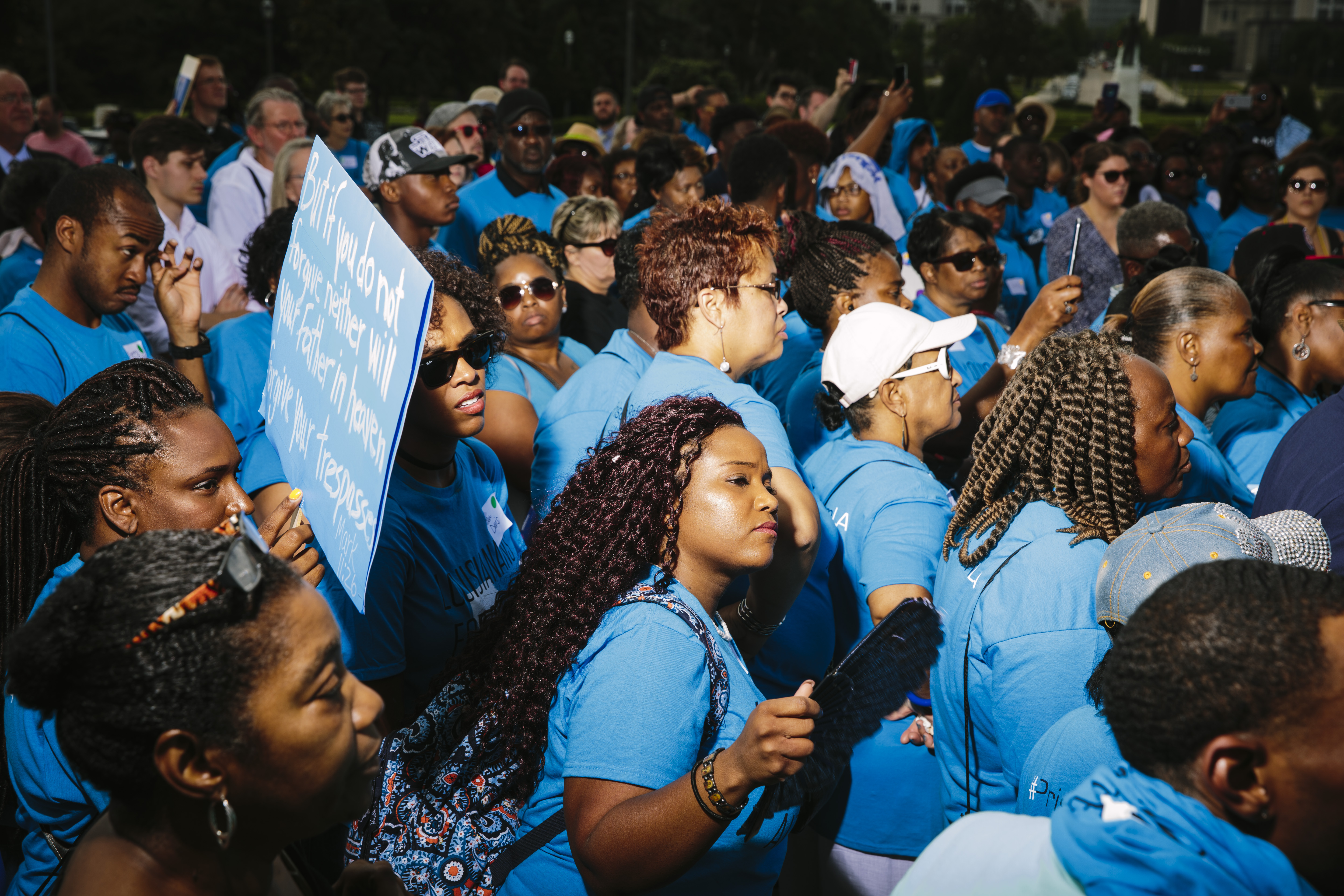Michigan incarcerates more people and for longer periods of time than most other states despite research showing that this does not make our communities safer. In fact, our prison population has skyrocketed, growing 172 percent between 1980 and 2016, while crime rates have dropped. Our state’s addiction to mass incarceration has torn families apart, damaged communities of color and wasted hundreds of millions of tax dollars, with nearly $2 billion a year spent on our prison system. A key contributor to Michigan’s incarceration crisis is mandatory sentencing laws. Our state is overdue for fair and just sentencing laws that focus on rehabilitation not punishment.
For decades Michigan has enacted mandatory sentencing laws which set a length of time that must be added to a person’s sentence without input from a judge. Judges can’t consider the facts of a case, or individual circumstances, and instead must hand down sentences even when they believe a punishment is unfair. These laws tie judges’ hands and prevent them from doing the job we elected them to do.
The ACLU applauds state lawmakers for introducing sweeping sentencing reform legislation
Mandatory sentencing laws also bar judges from ordering alternatives to incarceration. Alternatives include substance abuse treatment, mental health care, employment and housing assistance, and vocational training, which have been shown to be effective in preventing recidivism and enabling people to lead successful lives after completing their sentence.
Lastly, mandatory sentencing laws are applied unfairly by region. In 2012, across the 10 most populated counties, the proportion of people eligible for a habitual sentencing penalty (a form of mandatory sentencing) ranged from 10 percent in Washtenaw County to 89 percent in Saginaw and Oakland Counties. Justice should be dependent on the facts and circumstances of a case, not where a person lives.
These laws are too broadly defined and applied, and unnecessarily keep people locked up and separated from their families. We must give judges back the power to make sentencing decisions. We must reform Michigan’s sentencing laws, as a vital part of ending mass incarceration. Join us in demanding fair sentencing laws.
